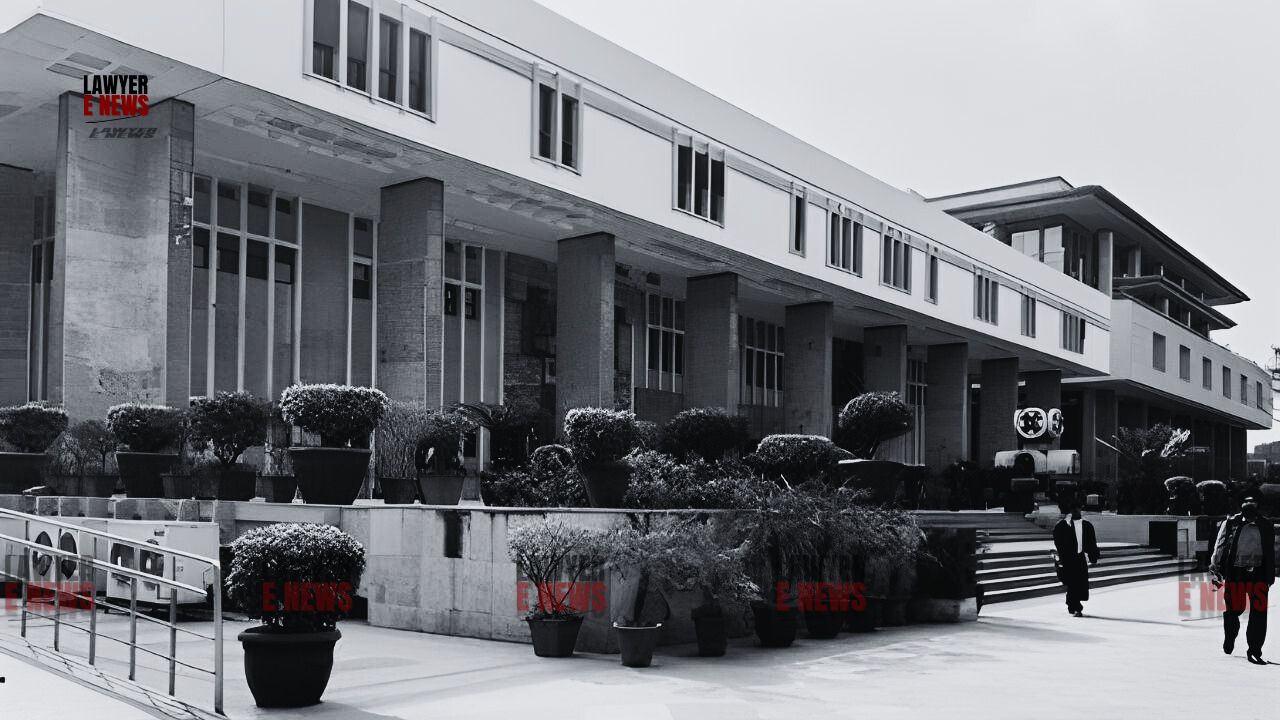-
by Admin
15 February 2026 5:35 AM



In a significant judgment, the Delhi High Court has quashed the reassessment proceedings initiated against SBC Minerals Pvt. Ltd. for the Assessment Year 2016-17. The bench comprising Justices Yashwant Varma and Ravinder Dudeja ruled that the approval granted by the Principal Chief Commissioner of Income Tax (PCCIT) under Section 151 of the Income Tax Act, 1961, was given without proper application of mind, rendering the entire proceedings invalid. This ruling underscores the judiciary’s emphasis on the need for a thoughtful and reasoned approach in tax reassessment cases.
The petitioner, SBC Minerals Pvt. Ltd., had filed its income tax return for the year 2016-17, declaring a total income of ₹7.69 crores. A scrutiny assessment was conducted under Section 143(3) of the Income Tax Act, wherein the petitioner provided detailed responses to the queries raised. However, on February 22, 2023, the Income Tax Department issued a Show Cause Notice under Section 148A(b), proposing to reopen the assessment, citing income escaping assessment amounting to ₹3.15 crores. This was followed by an order under Section 148A(d) and a notice under Section 148 on March 20, 2023, leading to the petitioner challenging the validity of these proceedings.
Mechanical Grant of Approval: The crux of the petitioner’s argument was the mechanical manner in which the PCCIT granted approval for reopening the assessment. The Court scrutinized the approval process and found that the PCCIT merely appended the word “Approved” without providing any reasoning or reference to the material that might have justified such a decision. The judgment states, "The mere appending of the word ‘approved’ by the PCCIT while granting approval under Section 151 to the re-opening under Section 148 is not enough." The Court emphasized that the satisfaction required under Section 151 is a critical safeguard that must be fulfilled meaningfully, rather than being treated as a mere formality.
The Court relied on several precedents, including Union of India vs. M.L. Capoor and Principal Commissioner of Income Tax vs. Pioneer Town Planners Pvt. Ltd., to illustrate the necessity of recording reasons and the application of mind in such approvals. The judgment referred to these cases to demonstrate that approval must be based on a clear rationale that connects the facts of the case with the conclusion reached by the authority.
The Court concluded that the PCCIT’s approval was flawed as it failed to meet the statutory requirements under Section 151 of the Income Tax Act. The ruling highlights, "By no stretch of imagination, the mere use of the expression ‘approval’ could be considered a valid approval as the same does not reflect any independent application of mind. Grant of approval in such manner in this case is flawed in law." Consequently, the order passed under Section 148A(d) and the subsequent notice under Section 148 were declared void.
The Delhi High Court’s judgment in this case reiterates the importance of a non-mechanical, reasoned approach when granting approvals for reassessment under the Income Tax Act. This decision serves as a reminder to tax authorities to ensure that all procedural safeguards are thoroughly observed, thereby preventing arbitrary or unjustified reopening of assessments. The ruling is expected to influence future cases, reinforcing the legal standards for approvals under Section 151.
Date of Decision: August 20, 2024
SBC Minerals Pvt. Ltd. vs. Assistant Commissioner of Income Tax, Circle 22(2), Delhi
